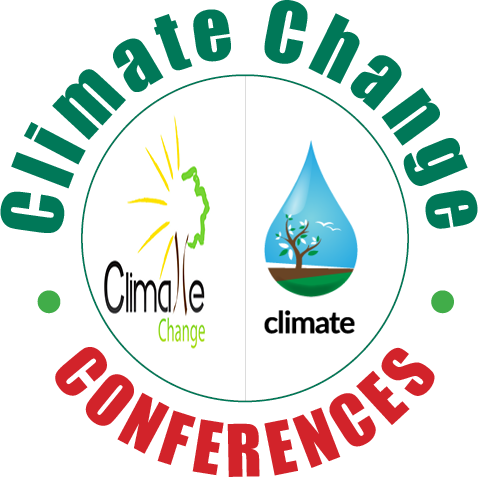
Carolyn (Tally) Palmer
Rhodes University, South Africa
Title: Too slow and too difficultPavel Kishcha graduated from Lomonosov Moscow State University in 1979 with an MSc in Physics, and received PhD in Geophysics from the Institute of Terrestrial Magnetism, Ionosphere and Radio Wave Propagation (IZMIRAN), Russian Academy of Sciences, Moscow, in 1985. Currently, he is a Senior Research Scientist at the Porter School of Environment and Earth Sciences of Tel-Aviv University (TAU). His research interests include investigation of heating in the uppermost layer
Biography
Biography: Carolyn (Tally) Palmer
Abstract
Statement of the Problem: Interventions for development, sustainability, and/or climate change adaptation have a history of ambiguous outcomes and outright failures. How can interventions, and especially those that involve government, research and stakeholders, including local residents, result in sustainable outcomes that persist beyond the intervention, and move towards climate change behavior-change in the practice of all participants?
Methodology & Theoretical Orientation: The underpinning methodology is transdisciplinary (TD). Critical realism provides a theoretical foundation for discerning causal mechanisms in complex systems using the full range of disciplinary enquiry. The concept of complex social-ecological systems (CSES) provides a lens to forefront the role adaptation and feed-back. Expansive learning provides the mechanisms to guide processes of co-learning and the co-development of knowledge. Strategic adaptive management provides practical on-the-ground steps for stakeholders to participate in an adaptation process. The governance system in each particular CSES provides the contextual possibility of a process that will persist. Participatory governance brings the vitality and relevance of civil society. Eight case studies to probe the challenging question of whether painstaking on-the-ground trust–building; activating participatory governance processes; and engaging in reflexive praxis, can catalyze change towards climate change adaption, specifically focusing on water scarcity.
Conclusion & Significance: The selected approach is slow, with many pitfalls. There are not many examples of unequivocal success. However, we can demonstrate learning, begin to understand failure more deeply, and most importantly share “narratives of hope”. Pace of progress and the difficulty of persevering. These “narratives of hope” are the landmarks to encourage perseverance until a bigger body of evidence emerges and principles of practice are refined. We have enough examples of participatory governance being a key lever for ongoing change towards climate change adaptation to suggest it is worth persevering. The approach is easy to criticize – especially in terms of the pace of progress and the difficulty of persevering with these processes. These “narratives of hope” are the landmarks to encourage perseverance until a bigger body of evidence emerges and principles of practice are refined.
Recent Publications
-
Palmer C G, Biggs R and Cumming G S (2015) Applied research for enhancing human well-being and environmental stewardship: using complexity thinking in Southern Africa. Ecology and Society 20(1):53.
-
Lang D J, Wiek A, Bermann M, Stauffacher M, Martens P, et al. (2012) Transdisciplinary research in sustainability science: practice, principles, and challenges. Sustainability Science 7(5):25–43.
-
Folke C (2006) Resilience: the emergence of a perspective for social-ecological systems analyses. Global Environmental Change 16(3):253–267.
-
Cilliers P (2000) What can we learn from a theory of complexity? Emergence 2(1):23-33.

